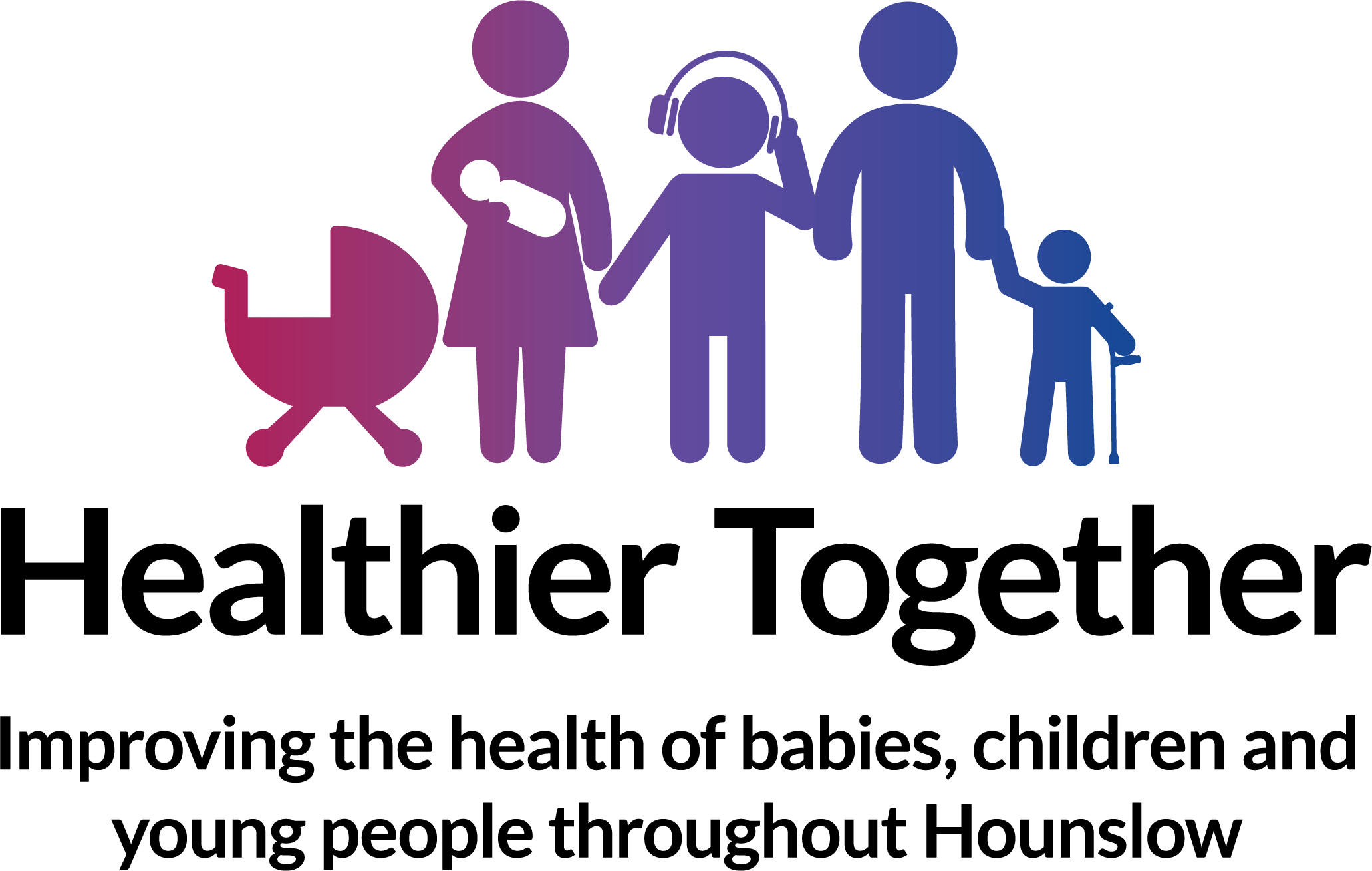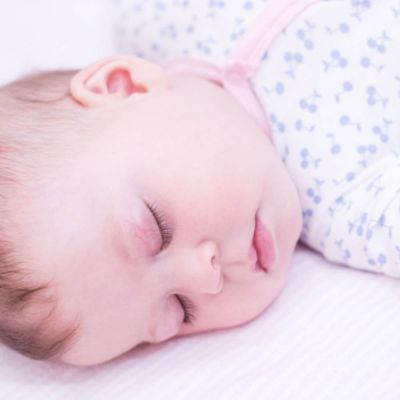Sudden Infant Death Syndrome (SIDS)
Sudden infant death syndrome (SIDS) – sometimes known as "cot death" – is the sudden, unexpected and unexplained death of an apparently healthy baby. SIDS is rare and the risk of your baby dying from it is low.
Sadly around four babies a week still die from sudden infant death syndrome (SIDS) and if all parents were aware of safer sleep advice, many lives could be saved.
The Lullaby Trust provides expert advice on safer baby sleep and raises awareness of sudden infant death. Much of their information and videos have been included on this page, but additional information can be found on the Lullaby Trust website: Please click here




